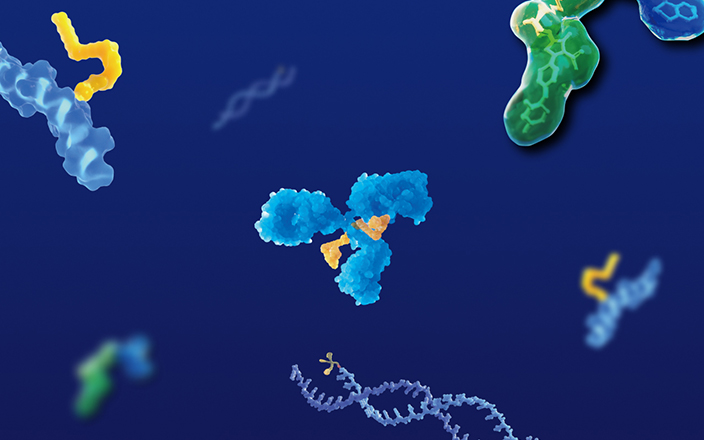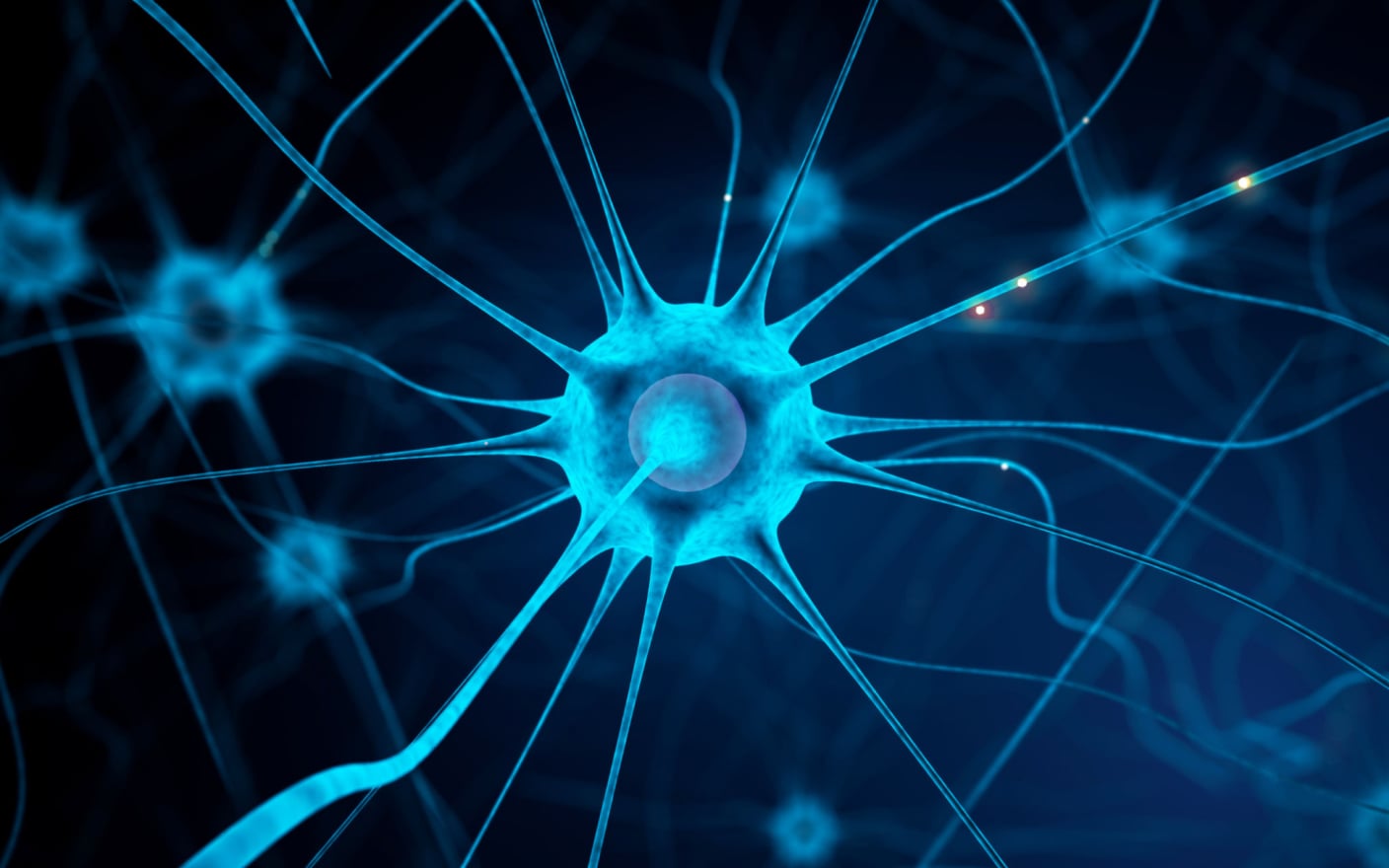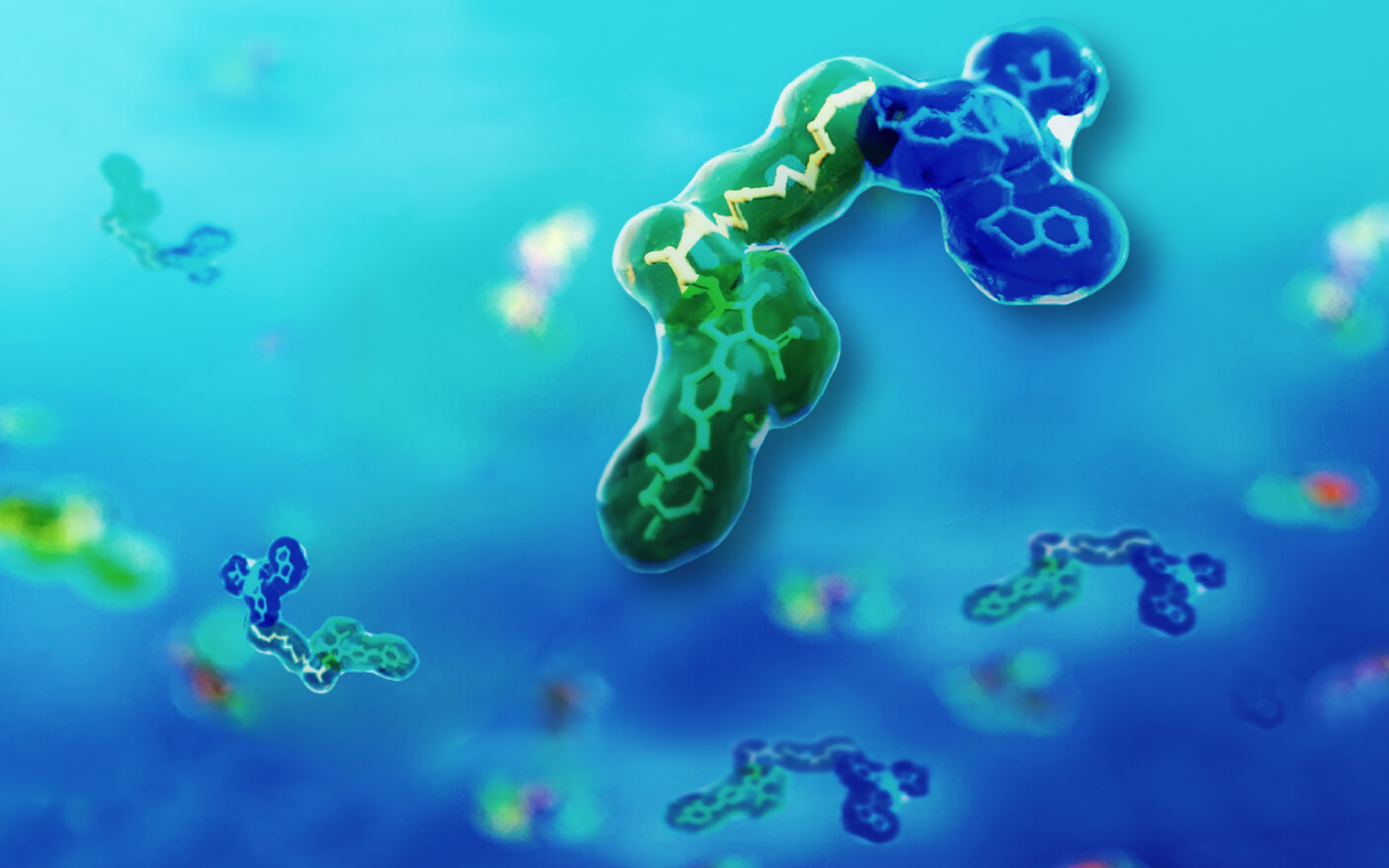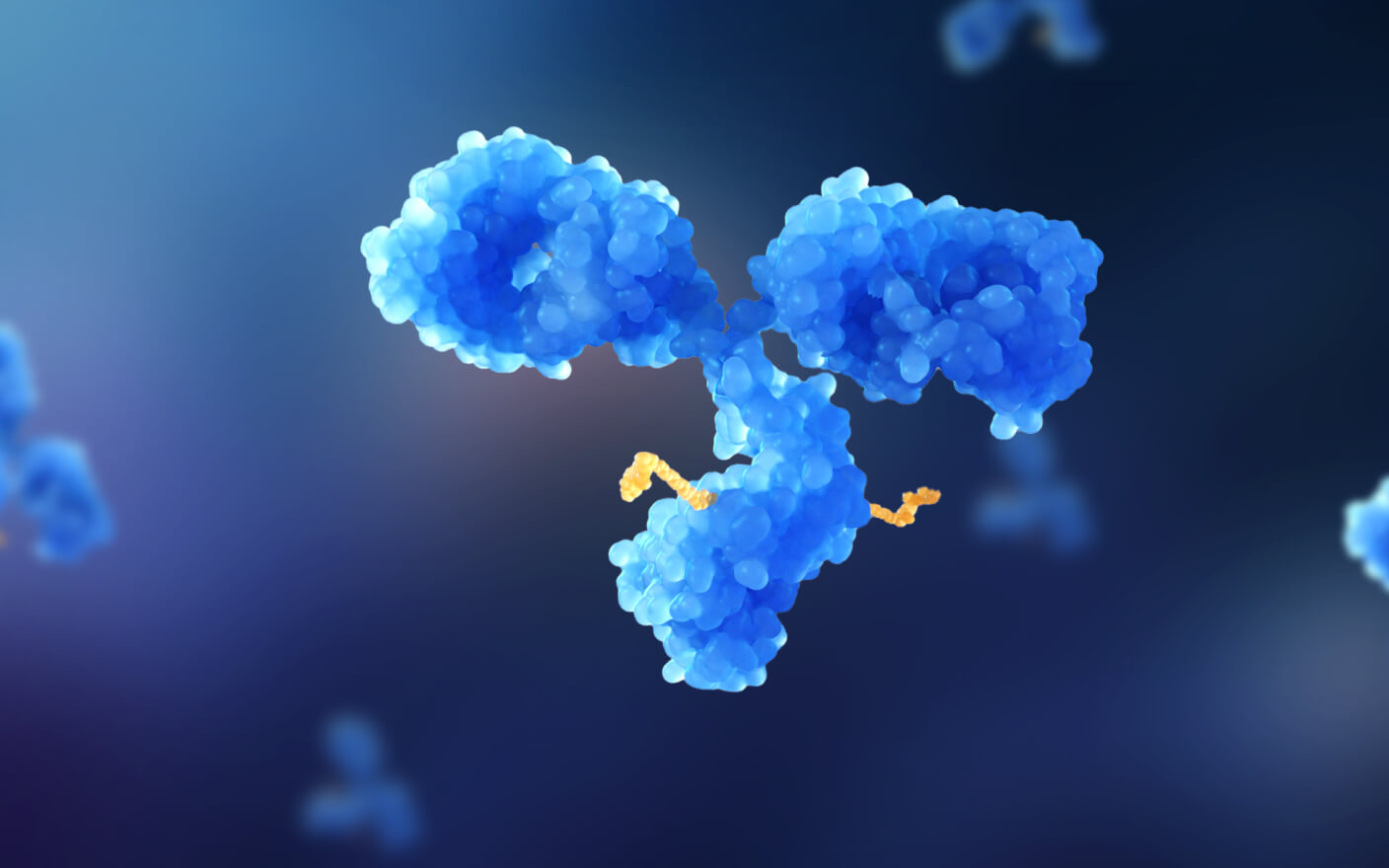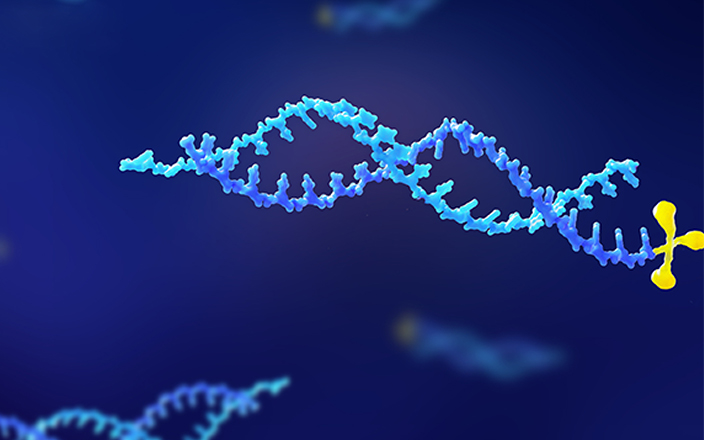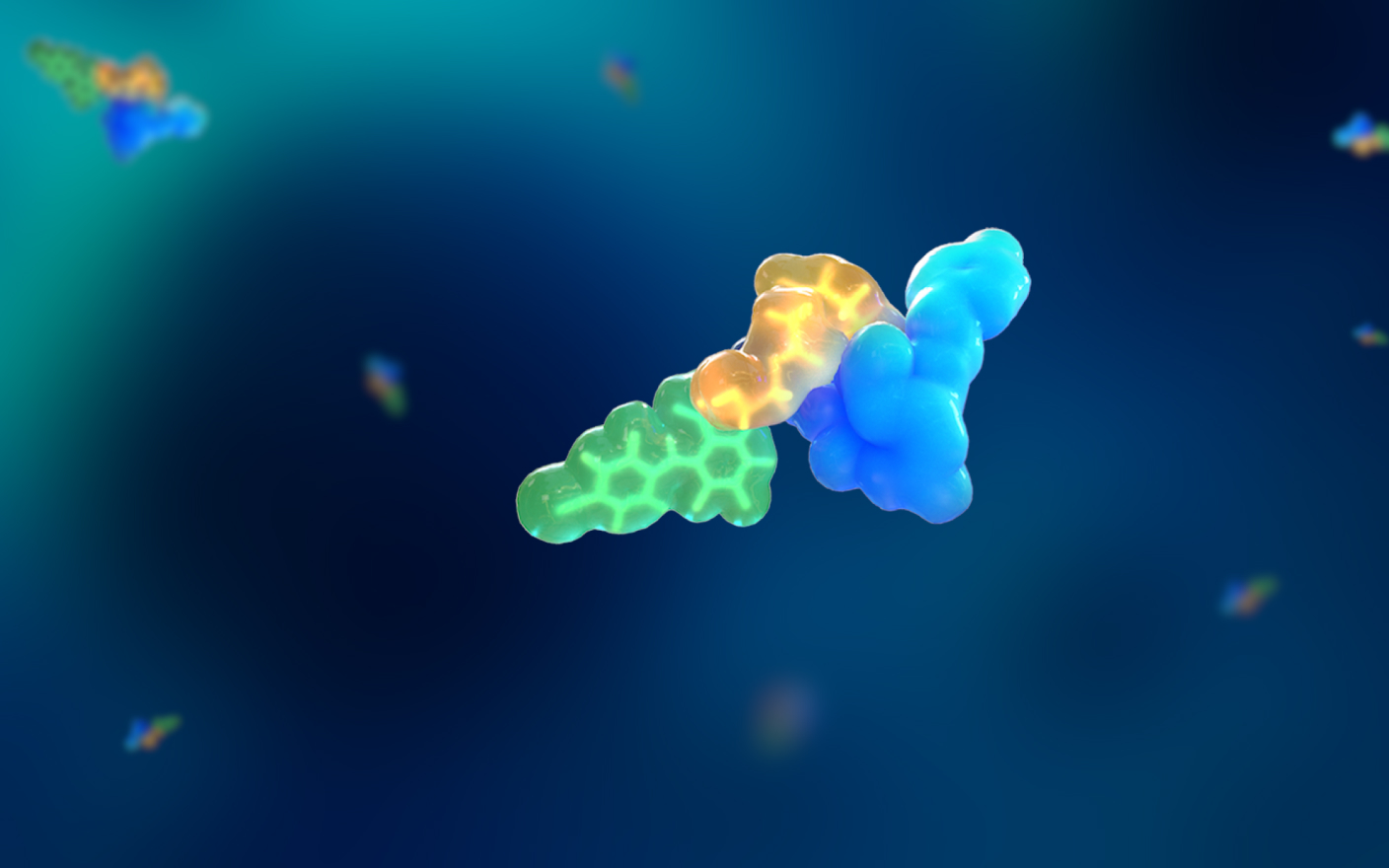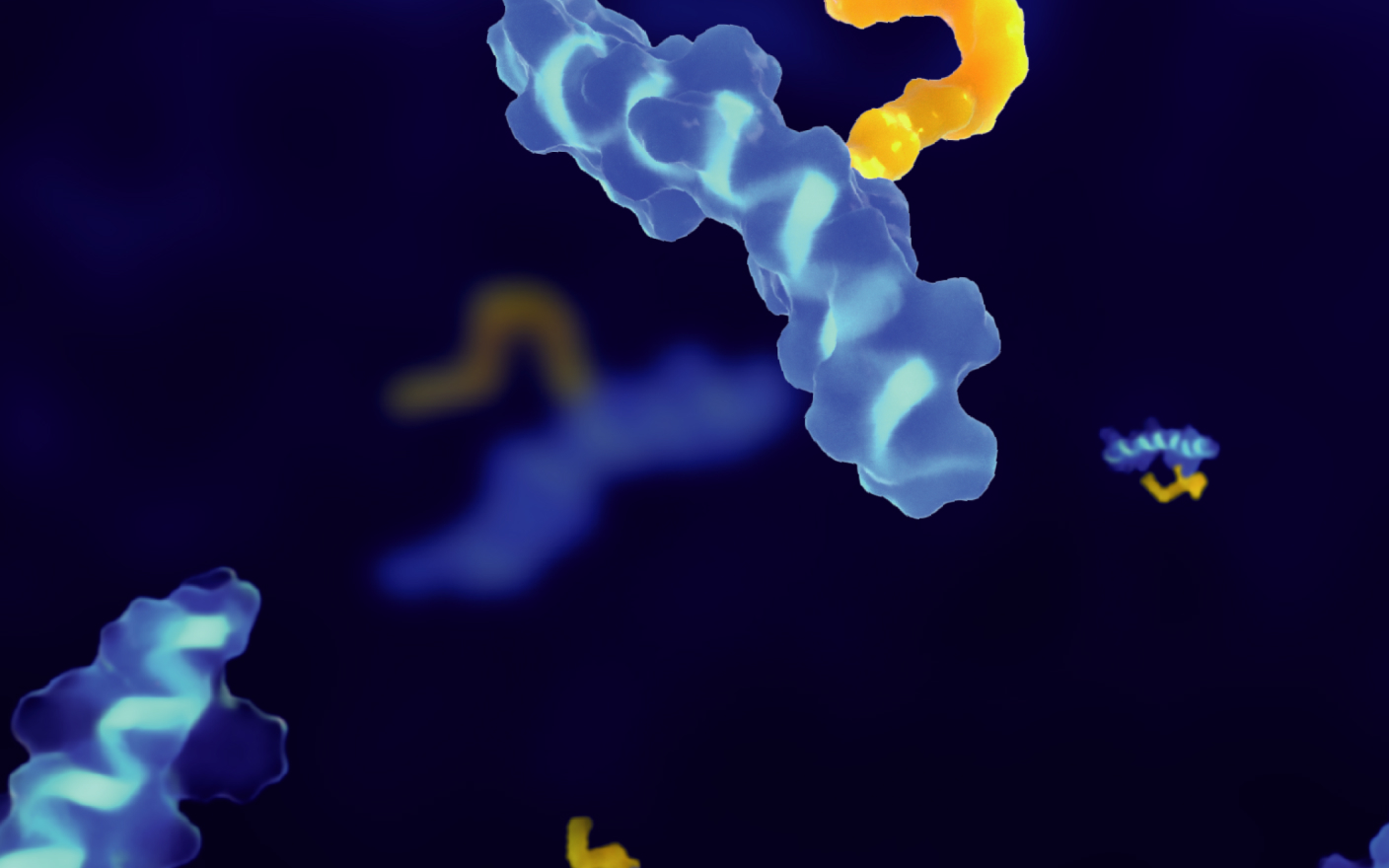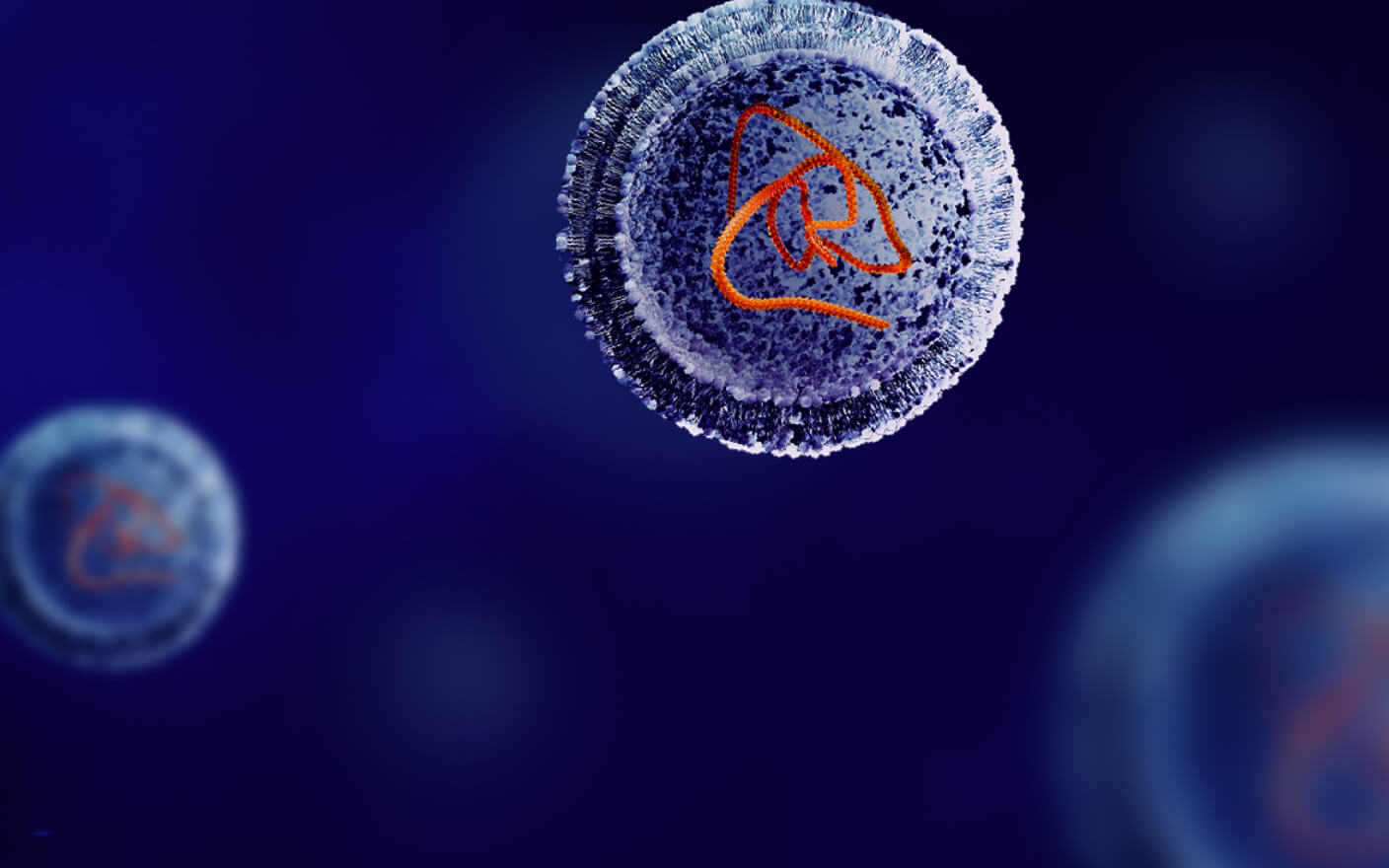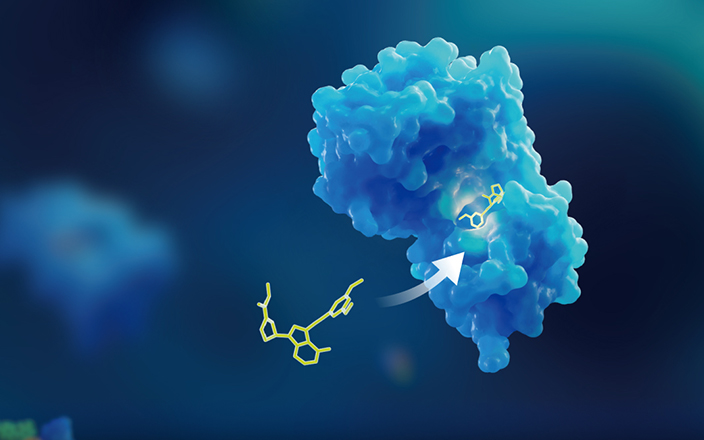Antibody-Drug Conjugates (ADCs) are a class of drugs that conjugate monoclonal antibodies and payloads through a linker, known as the "precision-guided biological missile". In PK studies, bioanalysis plays an indispensable role in presenting concrete results of each testing stage. Notably, the LC-MS method has been increasingly used in macromolecular quantitative analysis due to its advantages of having a short time cycle and good versatility. Therefore, the ADC bioanalysis strategies can be divided into three following aspects:
1. ADC DAR Characterization in Animal Plasma/serum
DAR (drug-to-antibody ratio) indicates the payload carried by a single ADC molecule, which in turn relates to ADC safety and effectiveness. Therefore, accurate ADC DAR characterization is necessary. For ADCs in a biomatrix, the general approach is to first use the anti-human IgG, idiotype antibody, or antigen that can specifically bind to the target ADC to conduct immuno-affinity capture for the target ADC. Next, the LC-HRMS platform is used to conduct direct analysis on the purified ADC, and finally deconvolution software is utilized for data processing.
2. Quantitative Analysis of ADC-related Components
According to its structure and in vivo transformation characteristics, ADC analytes undergoing PK analysis are usually divided into total antibody, ADC, conjugated payload, unconjugated payload, payload-related metabolites, and anti-therapeutic antibody (ATA). The PKs of different analytes reflect different content and significance, presenting the complete picture of ADC metabolism in vivo:
(1) The process of total antibody analysis of ADCs includes immuno-affinity capture, proteolysis, and the use of LC-MS /MS for quantitative determination.
(2) It is important to define the target analyte of ADC quantitative bioanalysis. We have developed different bioanalysis strategies for different definitions. For example, if the drug conjugated to the antibody is used as the analyte, and the linker can be cleaved through sample processing to release the drug, then the conjugated drug can be released after the purified total antibody is captured.
(3) The unconjugated payload in plasma corresponds to the off-target ADC toxicity and serves as an important part of the performance evaluation of ADCs. For conventional payloads such as MMAE, MMAF, DM1, and SN-38, the quantitative linear range of 1-3000 ng/ mL can be achieved only by using a simple protein precipitation method. For special payloads, WuXi AppTec DMPK Service Department has experienced experts in small molecular analysis to optimize LLE, SPE, and other small molecule extraction methods.
3. ATA Investigation of ADCs
Appropriate methods should be developed to determine the ATA of ADCs. At present, this part is frequently completed with a platform of ligand binding assays (LBA). WuXi AppTec DMPK has a dedicated LBA platform.
What Can WuXi AppTec DMPK Help
The ADC analysis team of WuXi AppTec DMPK has established a qualitative/semi-quantitative analysis method for intact ADCs from plasma/serum or matrix. Combined with DMPK's professional team of large and small animals, we provide customers with a one-stop ADC PK and bioanalysis strategy, making the metabolism and ADC bioanalysis significantly easier.
To learn more about the strategies for ADCs’ development, read the article now.
Committed to accelerating drug discovery and development, we offer a full range of discovery screening, preclinical development, clinical drug metabolism, and pharmacokinetic (DMPK) platforms and services. With research facilities in the United States (New Jersey) and China (Shanghai, Suzhou, Nanjing, and Nantong), 1,000+ scientists, and over fifteen years of experience in Investigational New Drug (IND) application, our DMPK team at WuXi AppTec are serving 1,500+ global clients, and have successfully supported 1,200+ IND applications.
Talk to a WuXi AppTec expert today to get the support you need to achieve your drug development goals.
Related Services and Platforms




-

 DMPK BioanalysisLearn More
DMPK BioanalysisLearn More -

 Novel Drug Modalities DMPK Enabling PlatformsLearn More
Novel Drug Modalities DMPK Enabling PlatformsLearn More -

 Novel Drug Modalities BioanalysisLearn More
Novel Drug Modalities BioanalysisLearn More -

 Small Molecules BioanalysisLearn More
Small Molecules BioanalysisLearn More -

 Bioanalytical Instrument PlatformLearn More
Bioanalytical Instrument PlatformLearn More -

 PROTAC DMPK ServicesLearn More
PROTAC DMPK ServicesLearn More -

 ADC DMPK ServicesLearn More
ADC DMPK ServicesLearn More -

 Oligo DMPK ServicesLearn More
Oligo DMPK ServicesLearn More -

 PDC DMPK ServicesLearn More
PDC DMPK ServicesLearn More -

 Peptide DMPK ServicesLearn More
Peptide DMPK ServicesLearn More -

 mRNA DMPK ServicesLearn More
mRNA DMPK ServicesLearn More -

 Covalent Drugs DMPK ServicesLearn More
Covalent Drugs DMPK ServicesLearn More
Stay Connected
Keep up with the latest news and insights.




